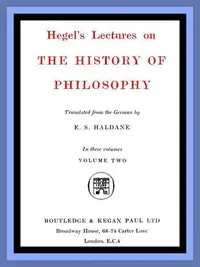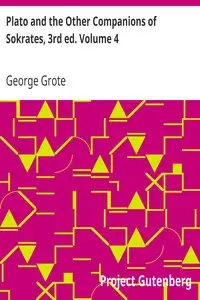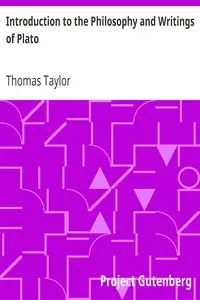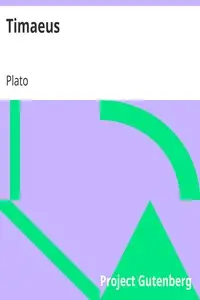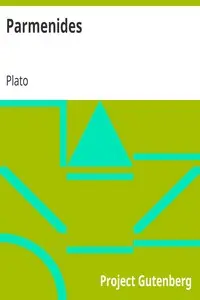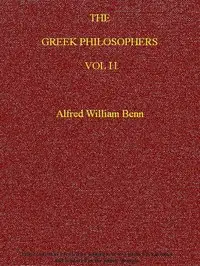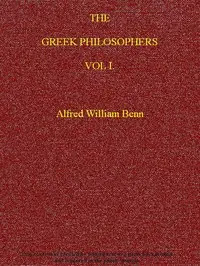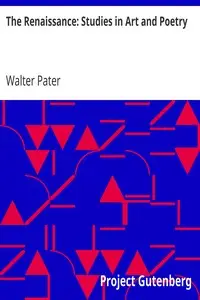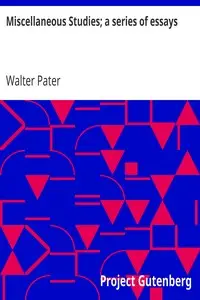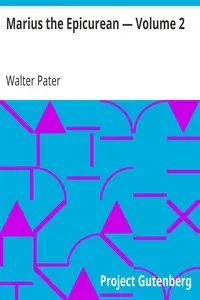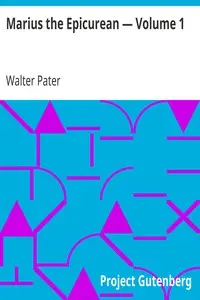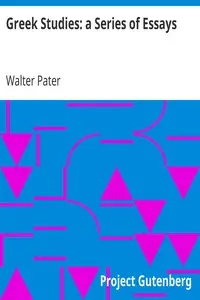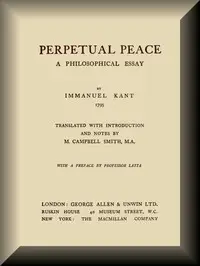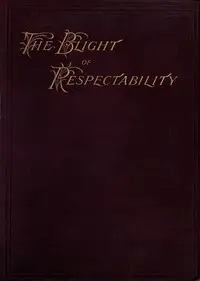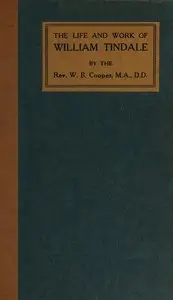"Plato and Platonism" by Walter Pater is a study of Plato’s philosophy that looks at how his ideas link to older ways of thinking. It examines where Plato's thoughts came from and what they mean, covering big ideas like how things move, stay still, and what knowledge really is. The narrative frames Plato as more than just a new thinker; he's shown as someone who was very much a part of the philosophical discussions of his time, taking inspiration from philosophers who came before him, like Heraclitus and Parmenides. The beginning of the book suggests that understanding builds on the ideas that came before, indicating that Plato’s key concepts connect back to those early thinkers. The book starts by talking about how things move and the problems that come with that, especially how Plato questioned Heraclitus' idea that everything is always changing; this establishes Plato's quest: to discover stable, unchanging truths that exist beyond our changing perceptions.
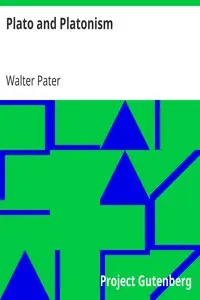
Plato and Platonism
By Walter Pater
Follow the journey of a philosopher seeking lasting truths in a world of constant change, building his ideas upon the wisdom of thinkers who came before.
Genres
Released
2003-05-01
Formats
epub
epub3 (images)
mobi (images)
epub (images)
mobi
txt
Free Download
Summary
About the AuthorWalter Horatio Pater was an English essayist, art and literary critic, and fiction writer, regarded as one of the great stylists. His first and most often reprinted book, Studies in the History of the Renaissance (1873), revised as The Renaissance: Studies in Art and Poetry (1877), in which he outlined his approach to art and advocated an ideal of the intense inner life, was taken by many as a manifesto of Aestheticism.
Walter Horatio Pater was an English essayist, art and literary critic, and fiction writer, regarded as one of the great stylists. His first and most often reprinted book, Studies in the History of the Renaissance (1873), revised as The Renaissance: Studies in Art and Poetry (1877), in which he outlined his approach to art and advocated an ideal of the intense inner life, was taken by many as a manifesto of Aestheticism.
Total Reviews
10.0k
Total reviews from Goodreads may change

